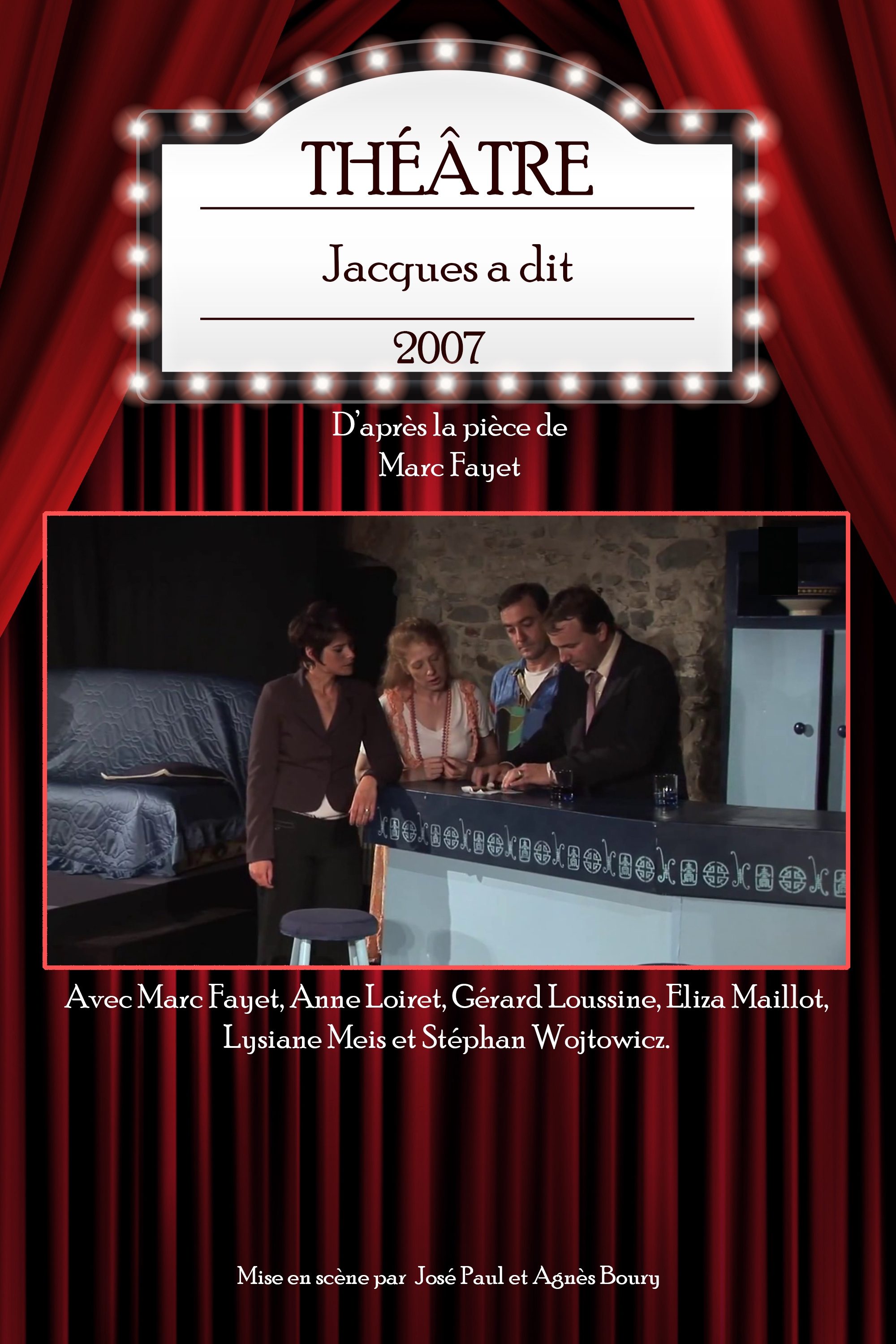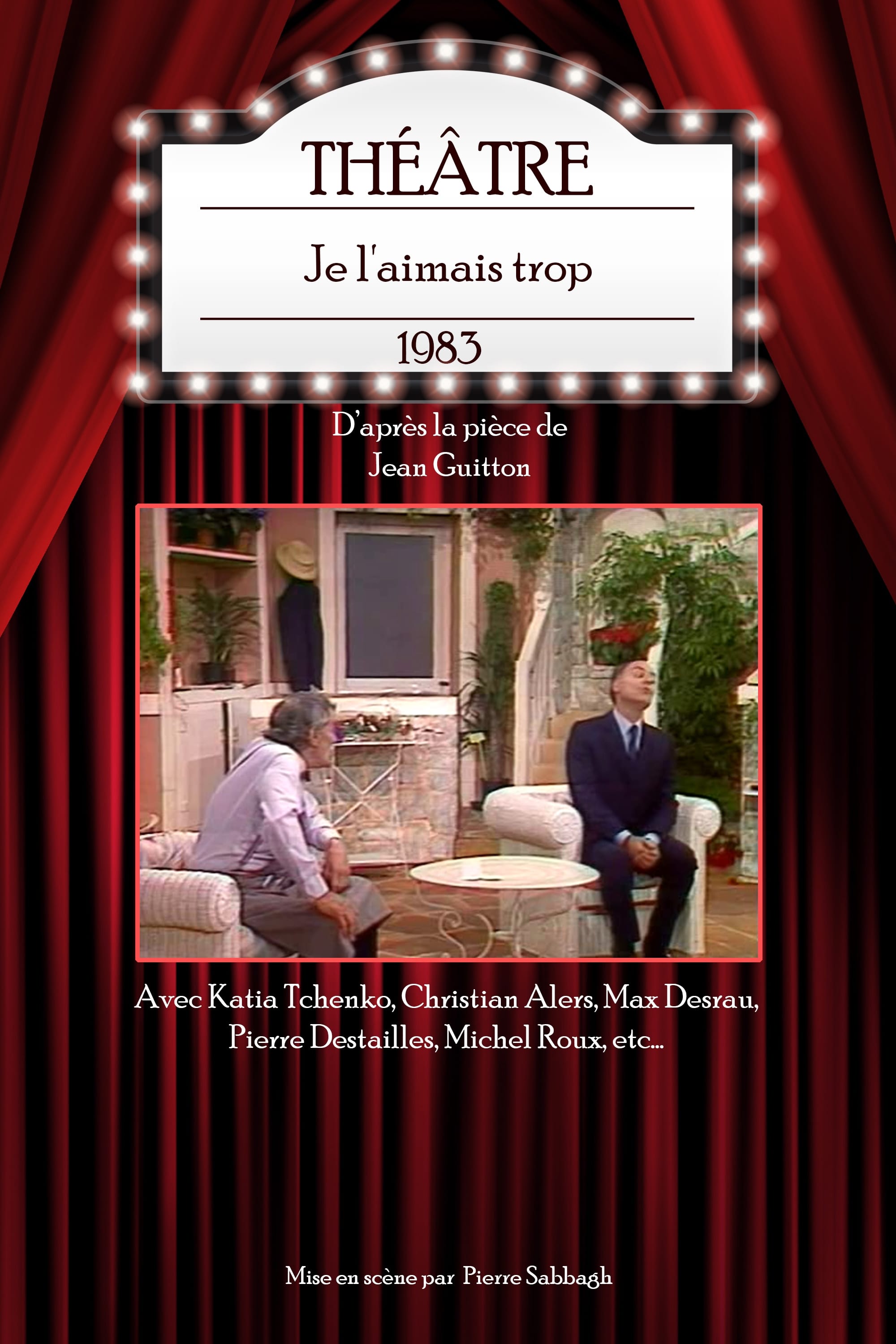La vie de Galilée (2019)
• November 19th, 2019 • 2h 22min
Drama, Comedy
Overview
Accompanied by a child, the mathematician Galileo observes the firmament with a telescope. Ten years ago, the philosopher Giordano Bruno was burned in Rome for having supported the idea of an infinite and centerless universe, based on the work of Copernicus. By dint of observations and calculations, Galileo seeks proofs for his hypothesis of a cosmic system where the Earth is "an ordinary celestial body, one among thousands". From Padua to Venice, the mathematician shakes certainties by confronting the power of a Church which wishes to maintain its absolute power in the "crystal spheres" where Ptolemy has hitherto locked up the world.
Make sure to check your pop-up blocker!!
Trailer
Similar Movies
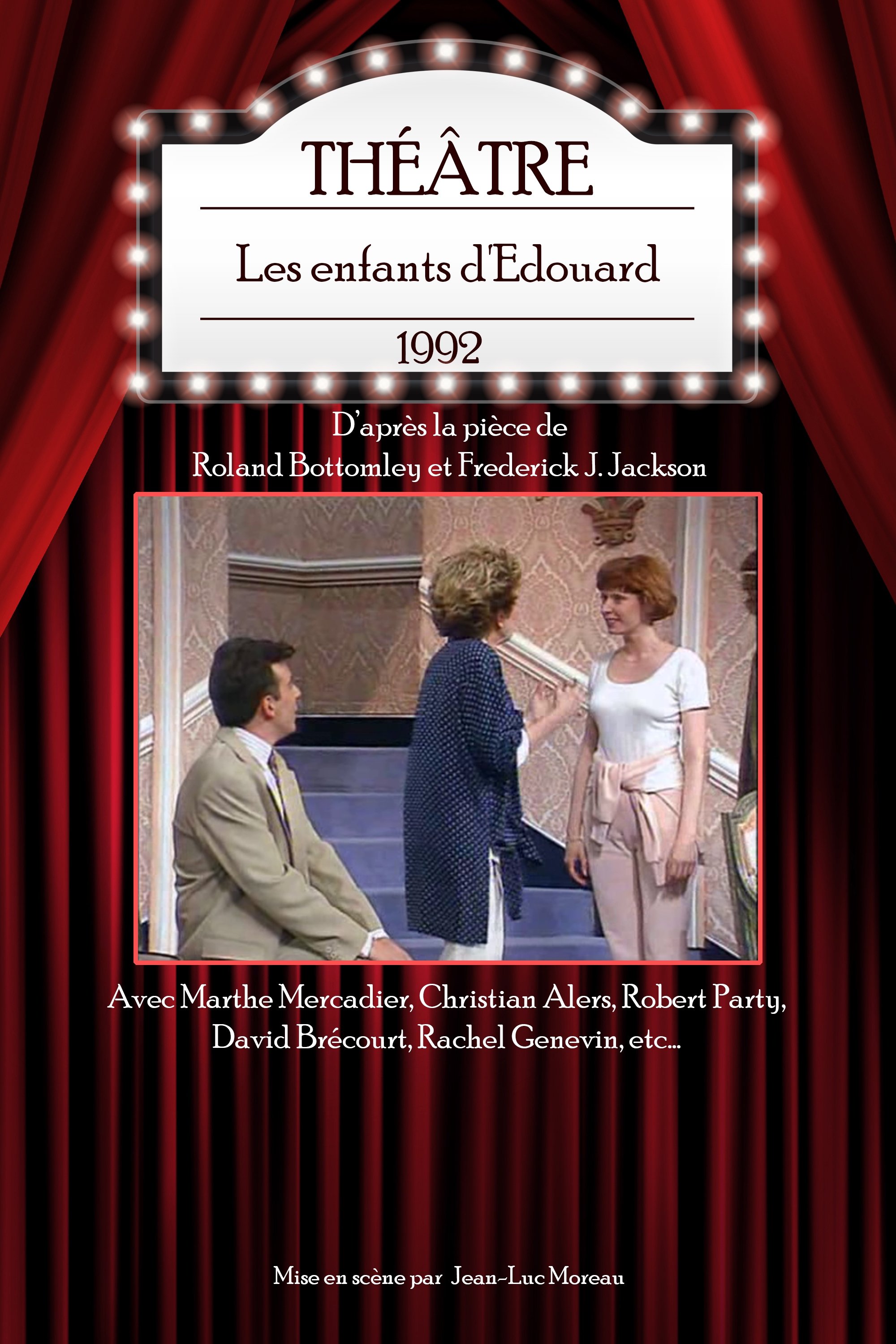
Les enfants d'Édouard
Released on: 1992-01-01
Comedy
A woman, believed to be the widow of a certain Edouard, finds herself urged to reveal to her 3 child...
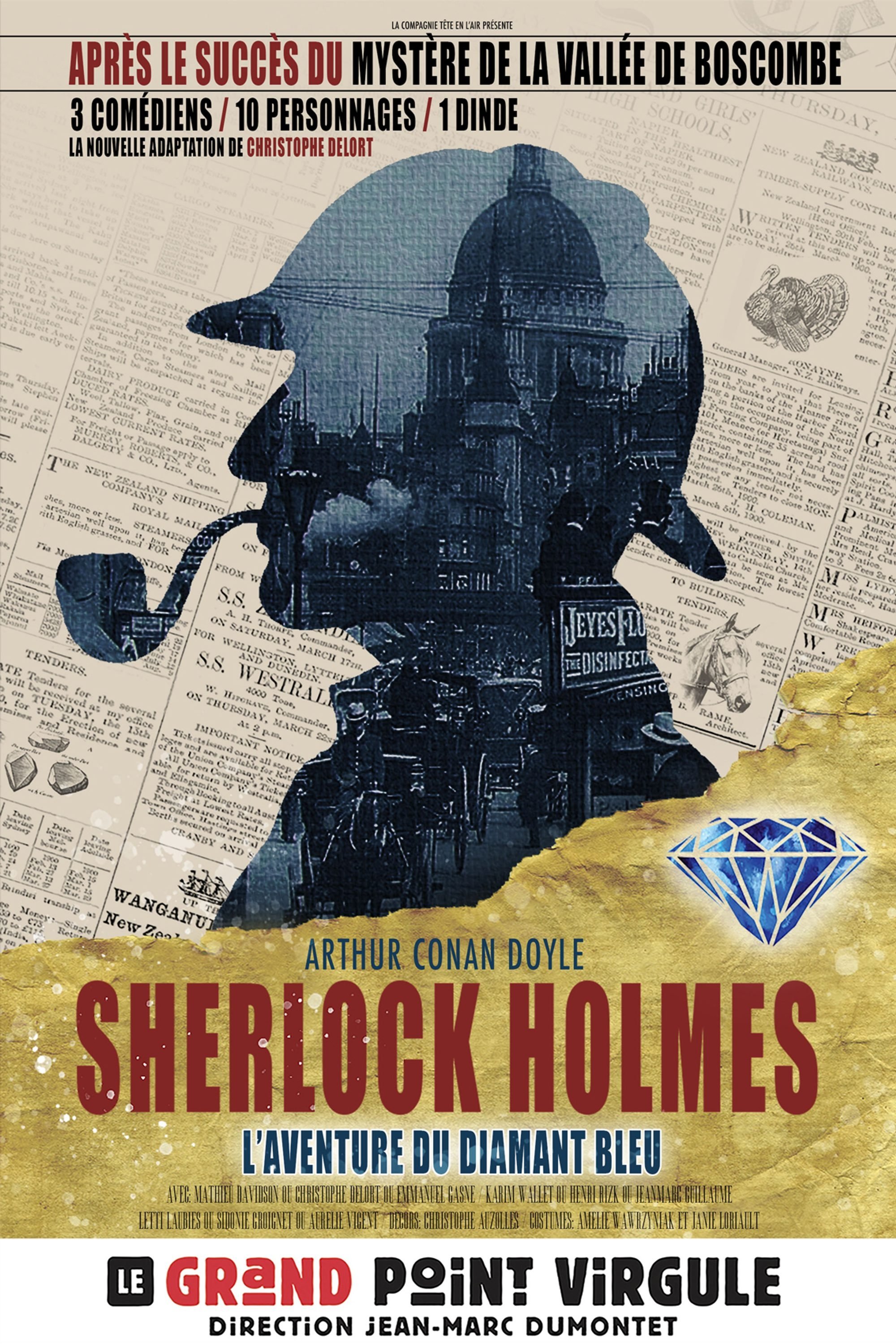
Sherlock Holmes et l'Aventure du Diamant Bleu
Released on: 2023-01-01
Mystery, Comedy
Sherlock and Doctor Watson are back and investigate the curious disappearance of an exceptional diam...
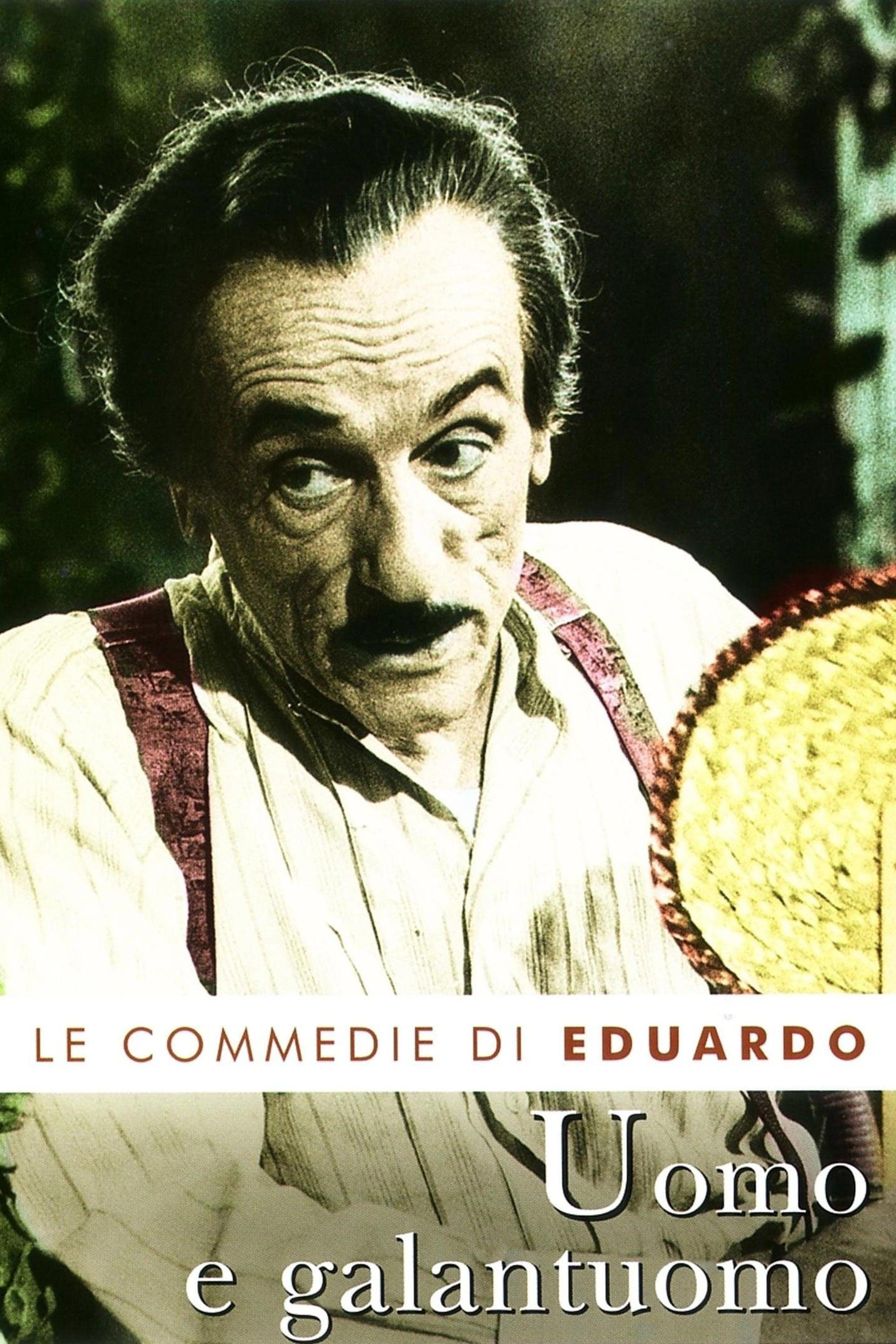
Uomo e galantuomo
Released on: 1975-12-26
Comedy
Guests of the wealthy young Don Alberto De Simone, the ramshackle troupe of actors known as "L'eclet...
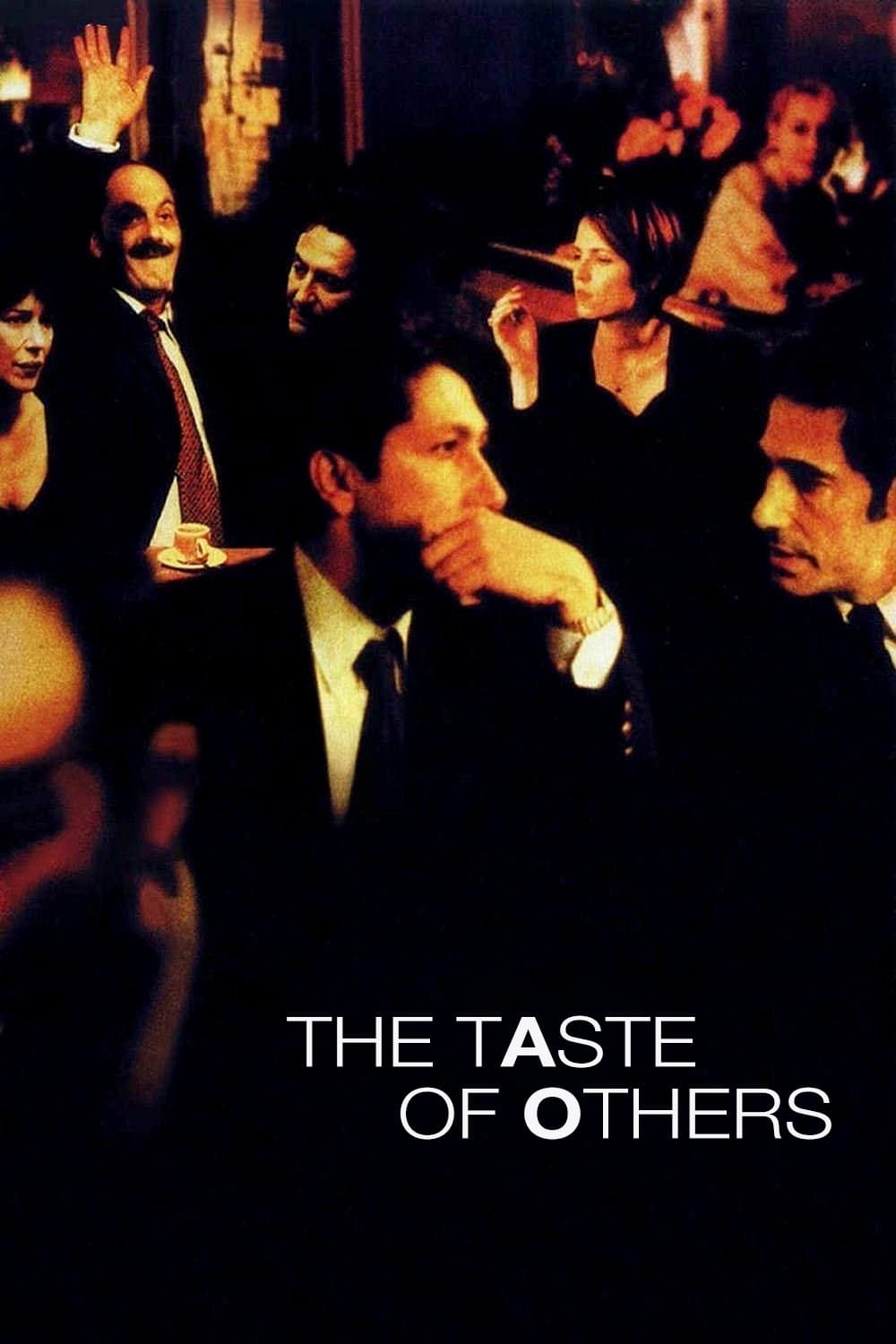
The Taste of Others
Released on: 2000-03-01
Drama, Comedy, Romance
Unpolished and ultra-pragmatic industrialist Jean-Jacques Castella reluctantly attends Racine's trag...
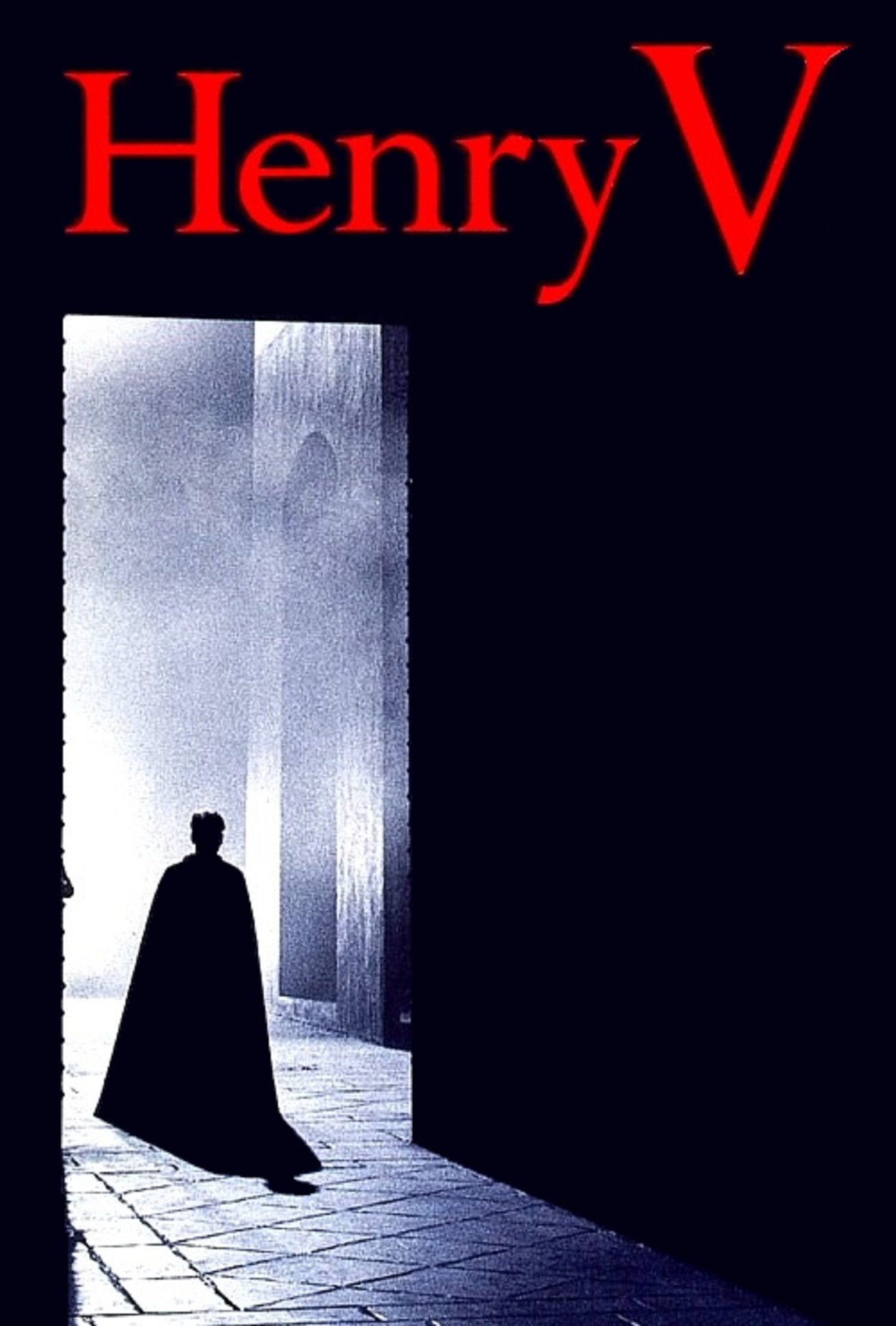
Henry V
Released on: 1989-10-05
War, Drama, History
In 1415, in the midst of the Hundred Years' War, the young King Henry V of England embarks on the co...

The Flying Classroom
Released on: 2003-01-16
Comedy, Drama, Family
A boy who was once a perpetual outcast finds friends in a new boarding school. United with his new p...
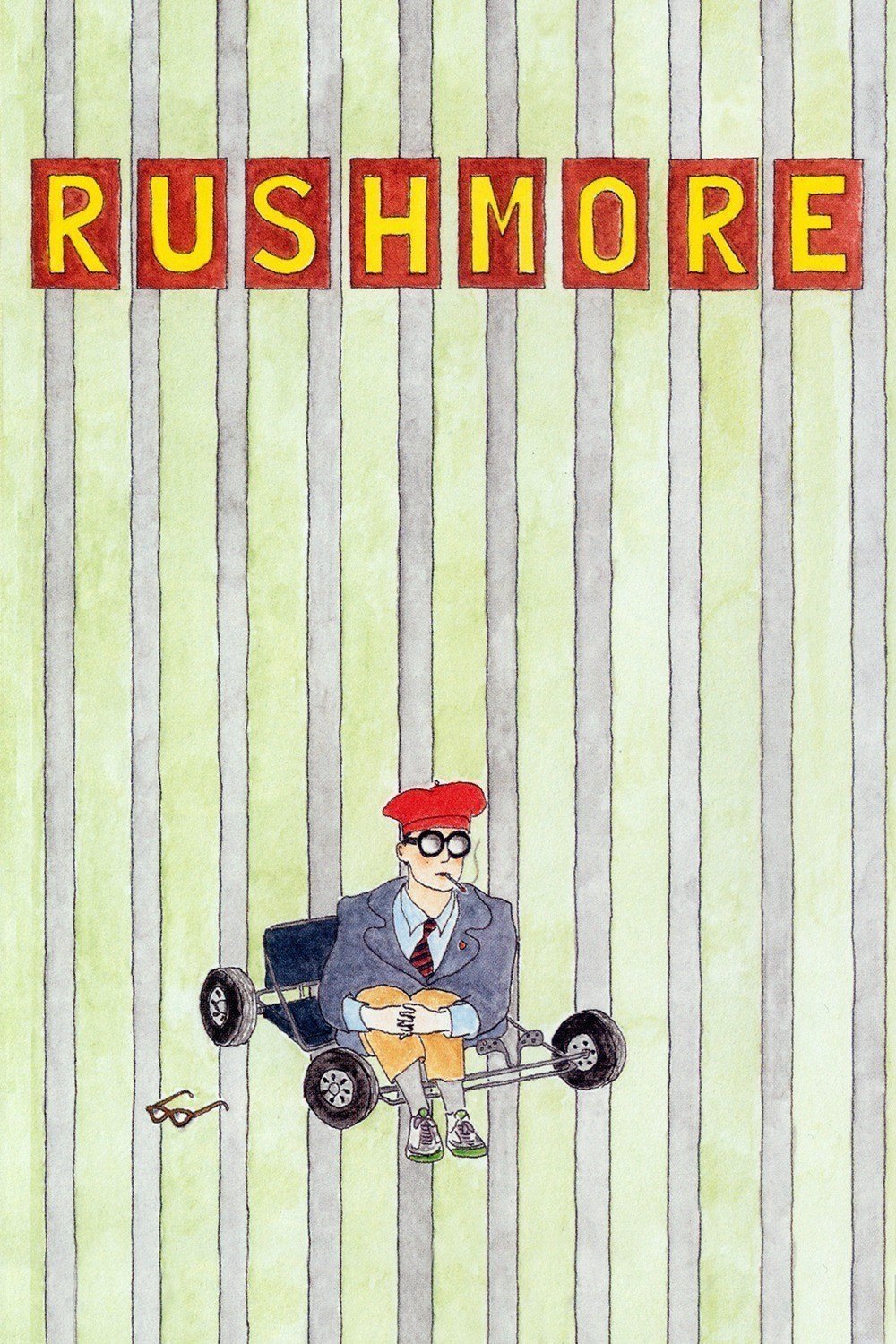
Rushmore
Released on: 1998-12-11
Comedy, Drama
When a beautiful first-grade teacher arrives at a prep school, she soon attracts the attention of an...
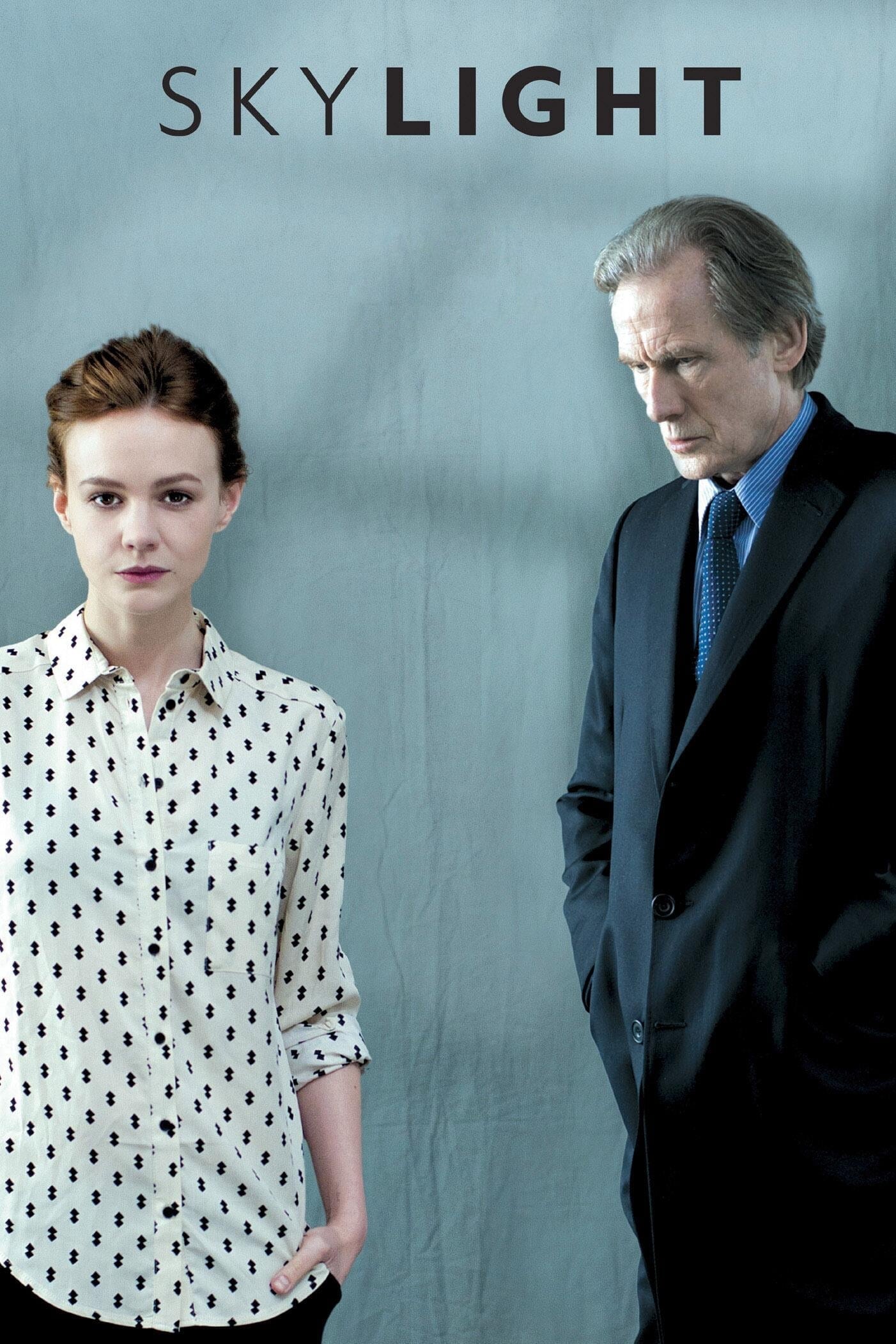
National Theatre Live: Skylight
Released on: 2014-07-24
Drama
On a bitterly cold London evening, schoolteacher Kyra Hollis receives an unexpected visit from her f...
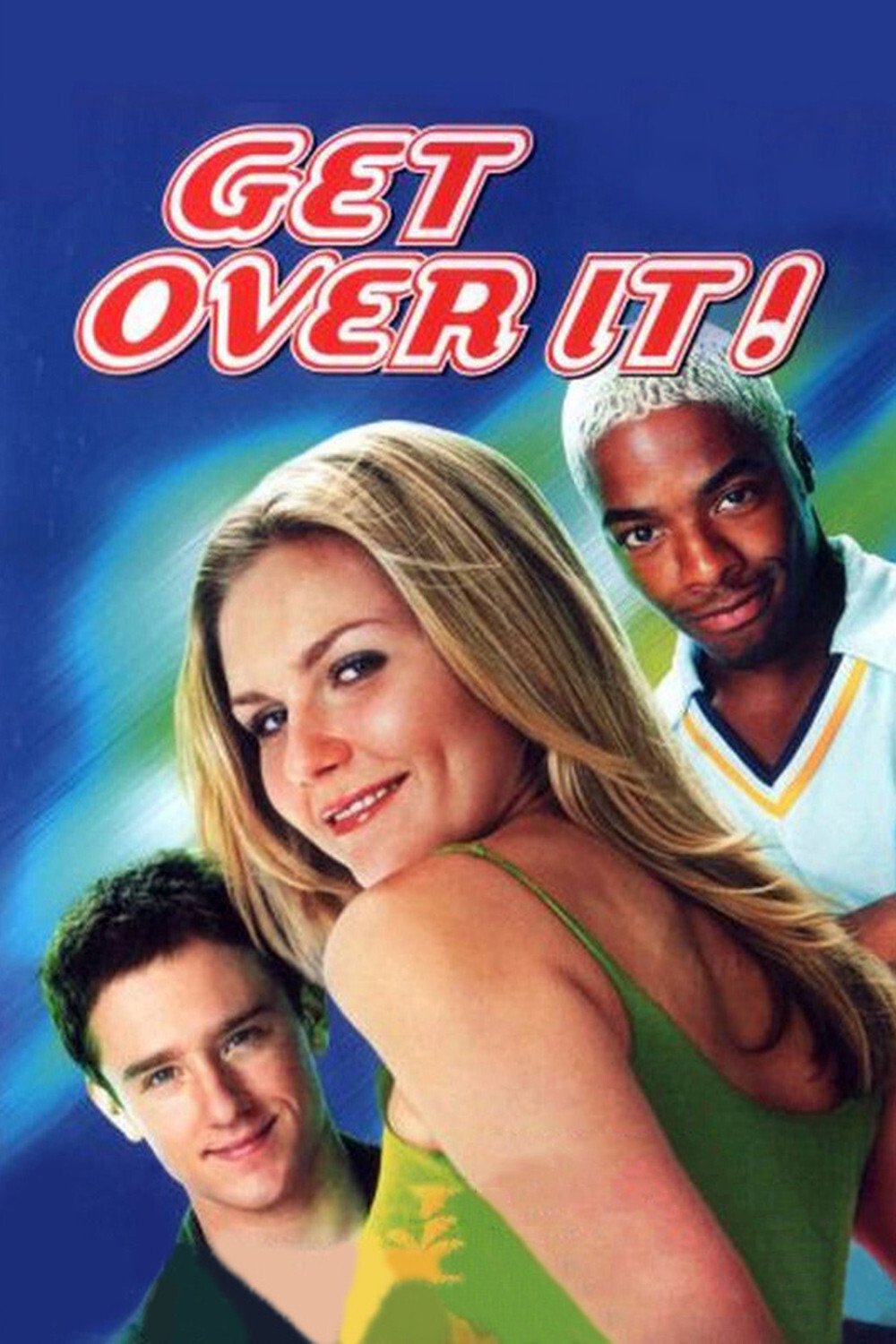
Get Over It
Released on: 2001-03-08
Comedy, Romance
When Berke Landers, a popular high school basketball star, gets dumped by his life-long girlfriend, ...

Tears in the Barren Mountain
Released on: 1956-01-01
Drama, Music
During the Ming dynasty, a poor worker family, working day and night, is still unable to pay its tax...
